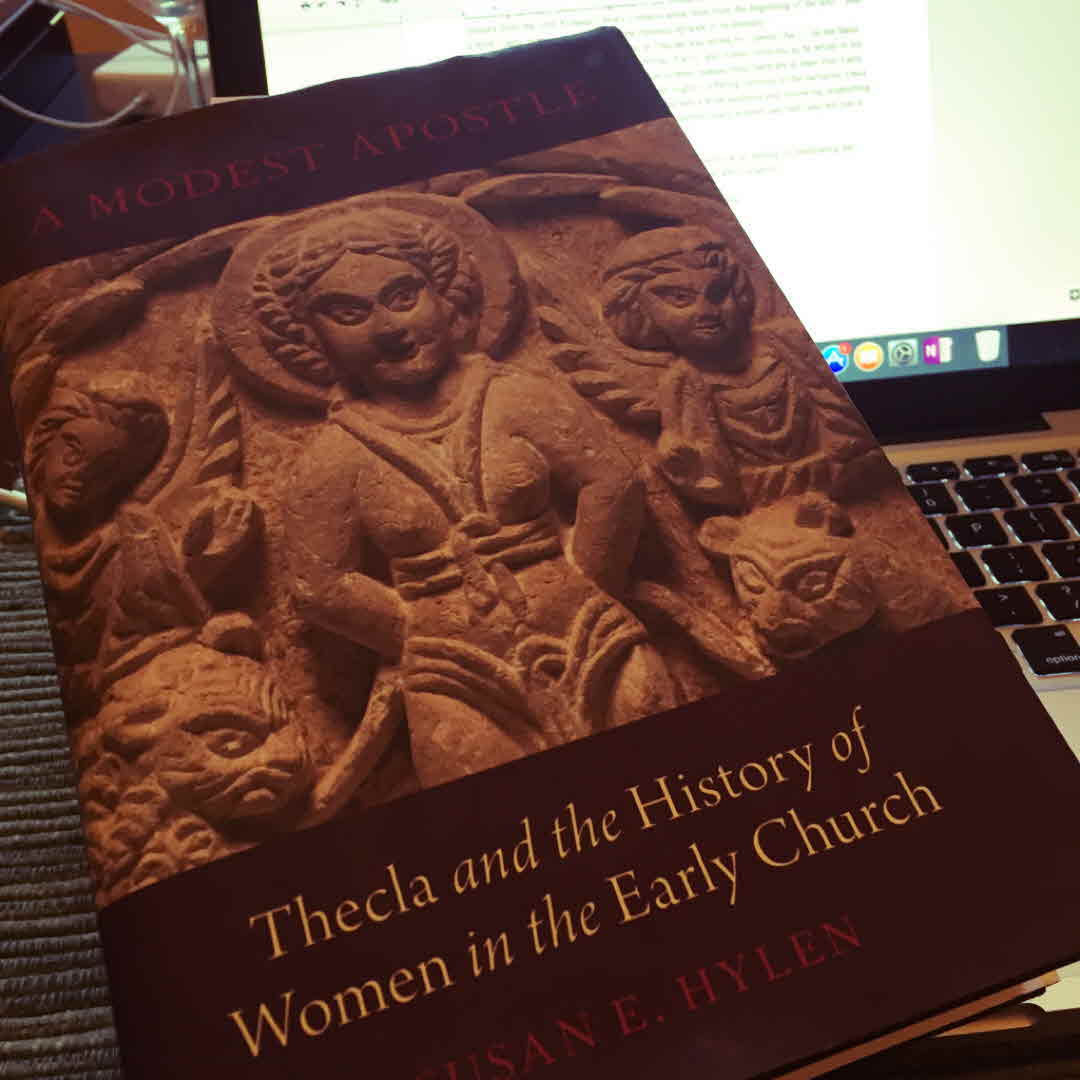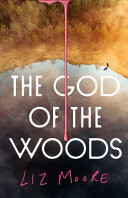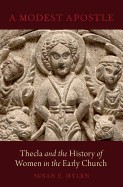
This is an excellent book for anyone looking to learn more about women's roles in Greco-Roman society and how those roles translated into women's roles in the early Christian Church. St. Thekla is an amazing figure and is very much constructed as an apostle in the Acts of Paul and Thekla. This book does a great job of looking at the text critically and contextually. Highly recommend, because it's not overly academia, just excellent #christianread
7 likes1 stack add


















